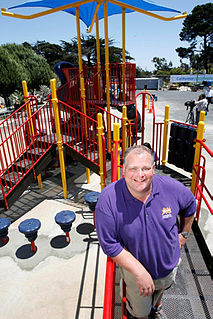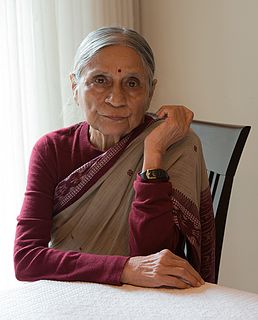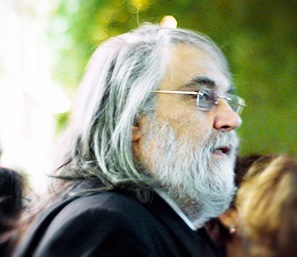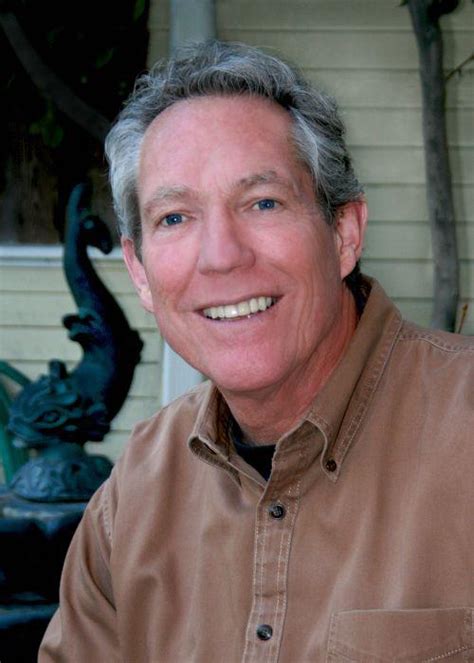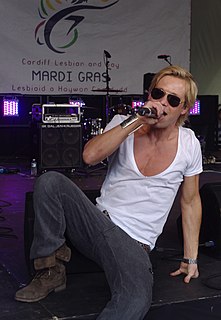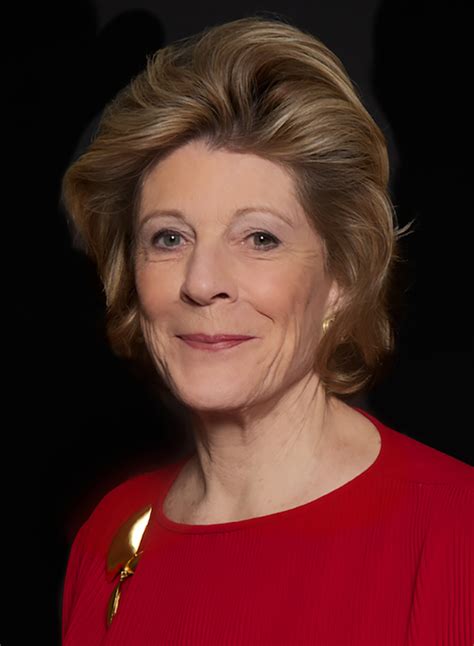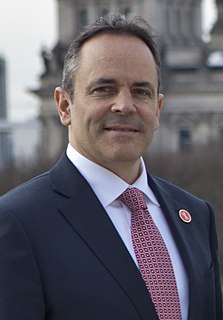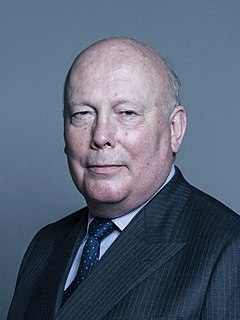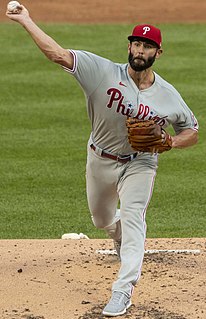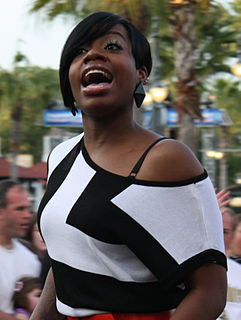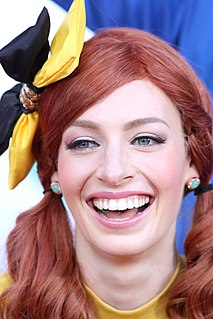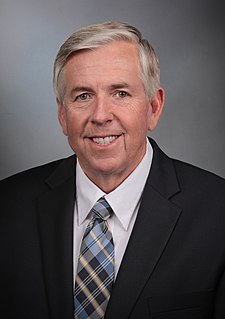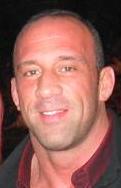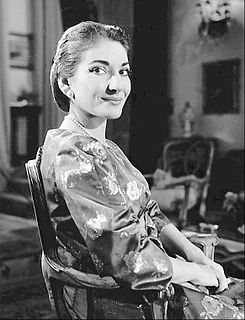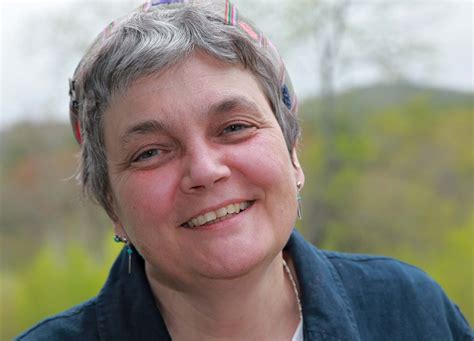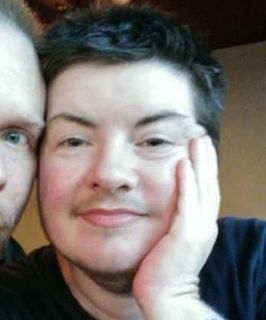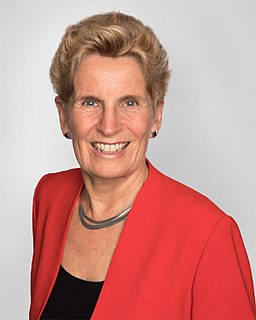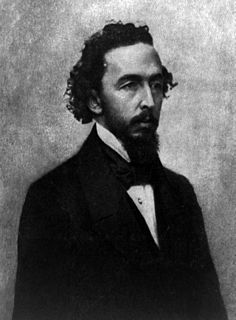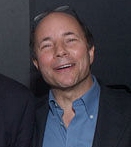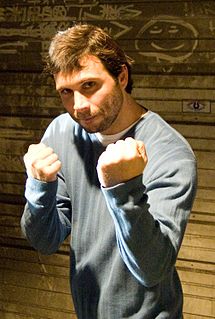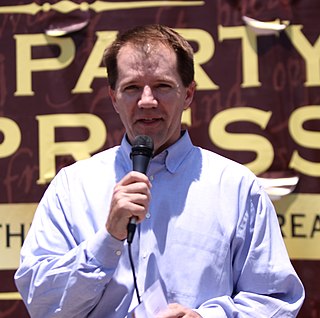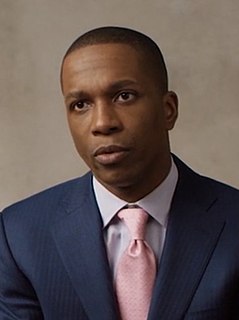Top 1200 Early Childhood Quotes & Sayings - Page 2
Explore popular Early Childhood quotes.
Last updated on November 21, 2024.
As soon as one knows one is going to die, childhood is over.... So one can be grown up at seven. Then, I believe most human beings forget what they have understood, recover another sort of childhood that can last all their lives. It is not a true childhood but a kind of forgetting. Desires and anxieties are there, preventing you from having access to the essential truth.
Strangely enough, for many many years I didn't talk about my childhood and then when I did I got a ton of mail - literally within a year I got a couple of thousand letters from people who'd had a worse childhood, a similar childhood, a less-bad childhood, and the question that was most often posed to me in those letters was: how did you get past the trauma of being raised by a violent alcoholic?
To some degree, the critic arises out of that negativity bias in that our brains are oriented towards threat and toward survival. The critic really started as a survivor mechanism in early infancy and childhood when we were trying to navigate our early family system and culture; when we're learning how to fit in so we could optimize that flow of love and affection. It was an internal voice telling us to shut certain patterns and reactions down, that negativity bias that's always looking for what's wrong, looking for the threat.
